- The Best Coding Bootcamps: Top 15 Software Engineer Bootcamps - July 24, 2018
The Best Coding Bootcamps
Table of Contents
Three years ago, my twin brother and I quit our six figure jobs to become software engineers.
But we had no idea how to code.

I was working in investment banking and he was a project manager.
After weeks of researching the best coding bootcamps, my brother applied and enrolled into App Academy, and I attended Hack Reactor.
Spoiler alert: We both landed jobs as software engineers afterward. (Although it wasn’t that simple).
FIRST, GROWTH MARKETING PRO ENDORSEMENT: PATHRISE
Already have some engineering skills? Then you may not need a full bootcamp. Pathrise pairs you with a personal advisor that was an engineer at a top company like Facebook or Yelp. They work with you every week to make sure you get hired and get the best job offer possible.
All of Pathrise’s candidates make more than $12,000 above industry average.
–> Learn more about Pathrise <–
Which Coding Bootcamp Is Right For You?
Initially, we debated whether we should both do the same bootcamp.
We ended up deciding to do two different schools for one main reason:
We saw a significant advantage in sharing our learnings & having access to two networks, instead of just one.
You might already know this, but Hack Reactor focuses on JavaScript, while App Academy is a Ruby on Rails bootcamp with JavaScript in the last portion of the program.
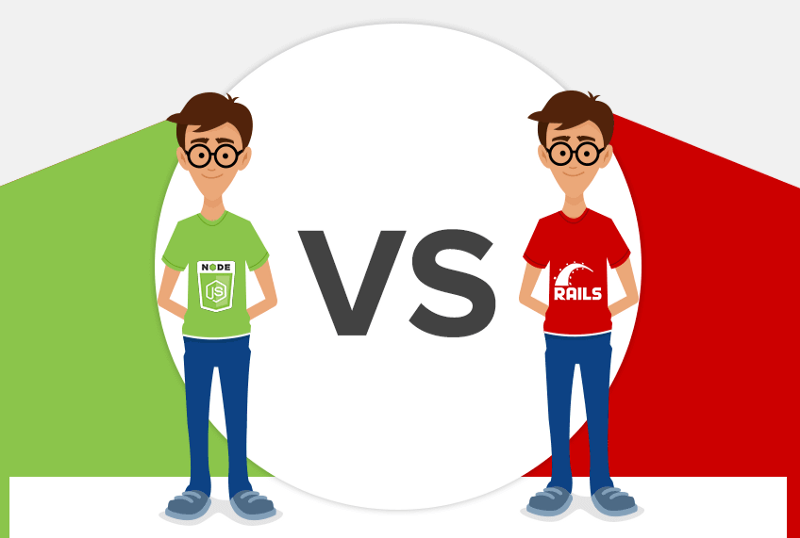
The kicker? You need to know both to build full stack applications.
Having said that, here is my advice:
Both of these schools are great and everyone we know who graduated actually found a job.
Tuition Model  | App Academy is appealing because you don’t have to pay the tuition up front. You only pay once you land a job. Hack Reactor charges up front, although now they have lending partners that will offer you a loan if you get in. |
Stress levels  | The atmosphere at AppAcademy was more stressful than at Hack Reactor. This was because AppAcademy gives you high stakes weekly assessments that determine whether or not you get to stay in the program. This is the price you pay for deferred tuition. |
Job Placement  | Both AppAcademy and HackReactor get you good jobs after you are done with the courses, their alumni work at some of the top tech companies like Google, Facebook, LinkedIn, Uber, Lyft and others. |
Instead of raving about both of these programs, I’m going to share all the research we did so you can pick the perfect coding bootcamp for you.
Choosing the Best Coding Bootcamp
Steps to choosing which bootcamp is right for you:
- Read reviews of the best coding bootcamps
- Ask your network for recommendations — yup, you probably know some people
- Check which companies the camp’s alumni are working at on LinkedIn
- Pay attention to the interview process and the requirements of each program
- Check to see if the schools offer bootcamp-prep programs to help with passing their admissions bar
The Best Coding Bootcamps: The Complete List
FIRST, GROWTH MARKETING PRO ENDORSEMENT: PATHRISE
Already have some engineering skills? Then you may not need a full bootcamp. Pathrise pairs you with a personal advisor that was an engineer at a top company like Facebook or Yelp. They work with you every week to make sure you get hired and get the best job offer possible.
All of Pathrise’s candidates make more than $12,000 above industry average.
–> Learn more about Pathrise <–
Here are some of the top Coding Bootcamps for you to choose from:
App Academy
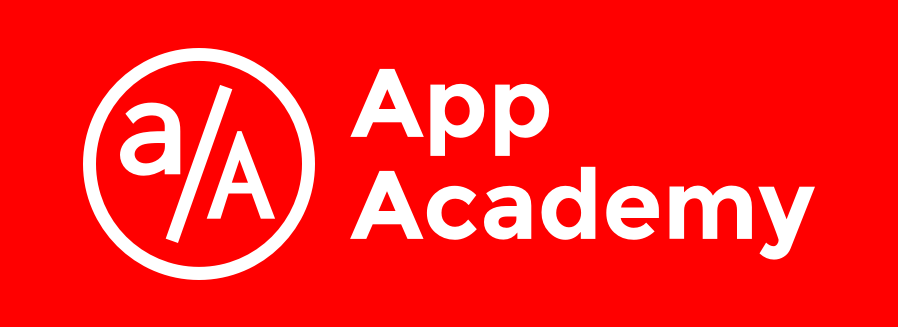

Location: App Academy is based in San Francisco and New York City.
What is it: An extensive 12 week course to learn full stack web development.
What they focus on: Ruby on Rails and JavaScript full stack engineering.
Pros:
- The program is merit based in the sense that if you prepare well and pass the technical assessment, you are pretty much a guaranteed a spot regardless of your background. A great example of this is of Yousuf Soomro,who dropped out of college, enrolled in App Academy and got a great job at a healthcare tech startup.
- App Academy doesn’t charge upfront and only requires a small deposit to know that you are interested.
- You learn both languages: Ruby and JavaScript.
Cons:
- Challenging course
- Weekly assessments
Pro tip for your application: The Co-founder of App Academy, Kush Patel, emphasizes mastery of concept and passion – these are the two cornerstones of a successful application.
What my brother, Timur, learned from attending App Academy: If you dedicate yourself to learning how to code and follow everything App Academy instructors tell you to do, you will feel prepared to do well at the technical screens during your job search.
Link:
Interview with the App Academy Cofounder:
Hack Reactor


Location: Hack Reactor is based in San Francisco, New York City, Los Angeles and Austin.
Founders: Anthony Phillips, Shawn Drost, Marcus Phillips, and Douglas Calhoun in 2012.
What makes it different: The bootcamp is known for an emphasis on applying what you learn. I interviewed the Co-founder of Hack Reactor, Shawn Drost. He said that Hack Reactor sees themselves as an organization that is transforming higher education to be more transparent, accessible and outcomes-driven.
The purpose: Set people up for success as software engineers.
Words from an alum: Edgar Pabon, a former Army veteran went on to become a software engineer. Listen to our interview with him to learn about his experience coming from a different background and how Hack Reactor helped him grow.
Pros:
- Hack Reactor offers opportunities both for in-person, remote and part-time remote students.
- You can apply for a comprehensive, 16-week course to develop your skills in programming and in key areas of web development.
- Thanks to Hack Reactor’s rigorous career coaching program, graduates get prepared to pass technical assessment at top tier companies.
Cons:
- You have to pay upfront
- It’s competitive to get in
- Crash-course style is not for everyone
What I learned from applying to Hack Reactor: If you are eager to learn and practical in terms of your approach, you can definitely get in. Especially if you do a Hack Reactor’s 5-week Structured Study Program.
Link:
Interview with the Hack Reactor CoFounder:
HackBright Academy


Location: HackBright Academy is located in San Francisco.
What it is: A bootcamp school for women who are interested in software engineering.
How it works: The coding school offers a 12-week immersive full time program and a 24 week part-time program. Both of these programs cover most of the modern web development concepts. There is also a 4 week prep course for amateurs in coding to prepare the students for the full course.
Focuses on: Python, JavaScript, HTML and CSS
Founder: David Phillips founded HackBright Academy in 2012 with the sole purpose of advancing women in tech.
Pros:
- Good job market reputation, especially in Silicon Valley.
Cons:
- Tough environment.
Story about an alum: Chloe Condon, a graduate of the HackBright Academy, went on to become a software engineer. She was previously an actress and was from a completely different background.
Link:
Interview with an alum of HackBright Academy:
Fullstack Academy


Location: Fullstack Academy is located in New York City.
What it is: A 13 week accelerated, strong structured curriculum in a comprehensive learning environment.
Founders: Nimit Maru and David Yang founded Fullstack Academy in 2013.
What they focus on: Different web development principles taught with more focus on JavaScript.
Pros:
- There is a lot of student diversity.
- Fantastic place to learn and grow your coding skills through a fast paced course.
- Graduates from Fullstack are hired by both the local and the big shots in the tech world.
- Usually pick students with amateur coding skills.
Cons:
- Challenging curriculum.
- Low intake rate.
- Requires serious commitment on a daily basis.
How the program works: Co-founder Nimit says the first half of the program focuses more on “teaching the students more about raw technologies.” However the real value of the program comes in the second half, when students build impressive and complex projects.
Pro tip from an alum: Adam Barcan, a former graduate of Fullstack, advises all applicants to be confident and keep practicing on a daily basis – both of which are the key aspects in helping you to complete the program successfully.
Link:
Interview with the Fullstack Academy Cofounder:
Grace Hopper Academy


Location: Grace Hopper Academy is in New York City.
What is it: Grace Hopper Academy is a coding bootcamp for women that was founded by Nimit and David, the architects behind Fullstack Academy.
Pros:
- The bootcamp doesn’t charge upfront and the students only have to pay after they are hired.
- The languages taught are Ruby, HTML, CSS, CSS3, JQuery, and JavaScript.
- The bootcamp runs for 17 weeks along with an optional 4 week foundation course for selected applicants to brush up their skills.
Cons:
- Can’t think of any.
Thoughts from the cofounder: David expressed that his goal was to make getting into tech as welcoming and accessible for women as men.
Graduates: Have a similar hiring rate to the Fullstack Academy grads.
Link:
Interview with the Cofounder of Grace Hopper Academy:
Exclusive Grace Hopper Academy All Women Coding School Open In New York
Launch Academy


Location: Launch Academy is located in Boston
Founder: Dan Pickett
What is it: An 18 month full-time program where the first 8 months are spent in online coding courses. The remaining 10 months are on-campus in Boston.
What they focus on: The program is divided into JavaScript, React, and Ruby on Rails, HTML, and CSS.
Pros:
- Learn by doing approach.
- Develop a rich portfolio to demonstrate skills.
- Graduates are able to stand out in the junior web developer job market.
- The mission behind the academy is to bring out the best version of the people who are under-appreciated and unknown to the world.
- Students are encouraged to participate in both individual and mutual projects for better learning experiences.
Cons:
- Students complain of a negative culture and low placement rates.
Link:
Interview with the Founder of Launch Academy:
Firehose Project
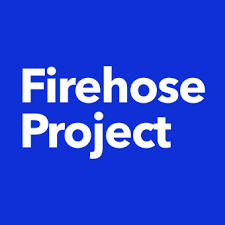

Location: Firehose Project is located in San Francisco.
Founders: Marco Morawec and Ken Mazaika
What is it: The Firehose Project Coding Bootcamp offers an online program with part-time and full-time courses. The part-time course consists of 22 weeks while the full-time course is 42 weeks. Each applicant gets a mentor to further enhance their skills to fill in any missing gaps.
Their mission: To bring innovation in education.
Programs: Full stack web development, Coding fundamentals, ReactJS
Pros:
- There are both part-time and full-time course options.
- Access to a personal mentor.
- Different scholarships.
Cons:
- If you lag behind on courses, it is difficult to catch up.
- You might be in trouble if you can’t connect with your mentor.
Scholarships: Offered to under-appreciated and underprivileged people in the community.
Link:
Interview with the Cofounder of The Firehose Project:
Dev Bootcamp
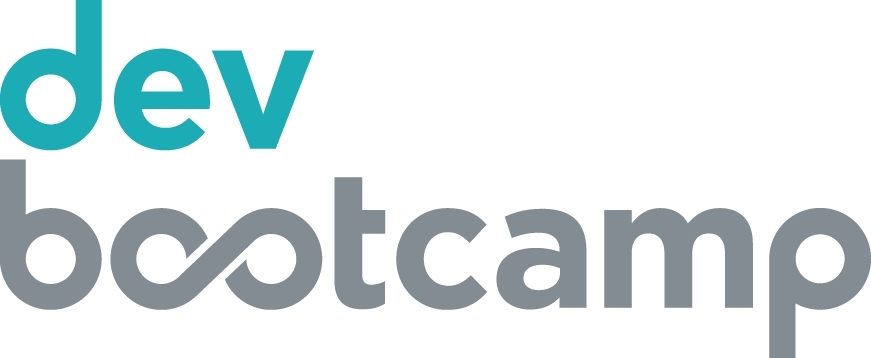
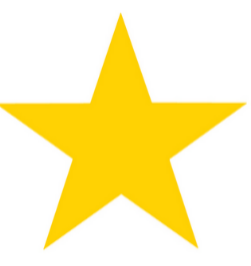
Update: Now Closed. The Bootcamp has stopped accepting admissions. However most of the alumni are employed in top tier positions.
Location: San Francisco
Founders: Shereef Bishay, Jesse Farmer, and Dave Hoover founded Dev Bootcamp in 2012.
The main idea: Pick up applicants with little or no experience in coding and then teach them some important programming principles.
How it works: The program consists of 18 months of practice which includes 9 weeks of online training and 9 weeks of on-site training on-campus.
Languages taught: Ruby on Rails, JavaScript, HHTML and CSS.
The purpose: To make the applicants ready for the junior web development market.
FreeCodeCamp


Location: Online
Founder: The bootcamp was originally founded by Quincy Larson.
What makes it different: It’s free! Online courses that are available for anyone globally. FreeCodeCamp has a unique core team that is remote all over the world and consists of people from different age groups.
Their motto: According to Quincy, there are no boundaries when it comes to talent.
Pros:
- Free education.
- You get to decide your own schedule.
- Online courses accessible for anyone.
- Expanding access for more people to learn coding.
- Focused on areas targeted by the job market.
Cons:
- There is no proper guidance or help.
- It’s difficult to be disciplined in this online format.
Link:
Interview with the Founder of FreeCodeCamp:
Wyncode
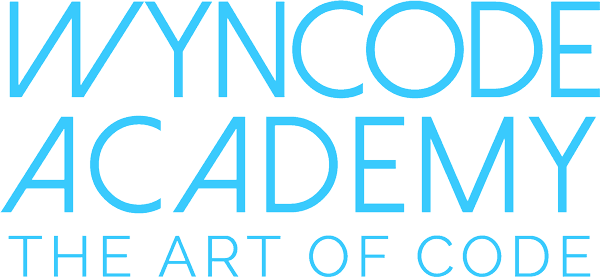

Location: Wyncode is in Miami, FL.
What is it: Wyncode is one of the hottest coding bootcamps in the Miami region. There are both full time and part time courses offered for students.
What they teach: JavaScript, HTML, Rails, jQuery, Ruby, CSS, and React.js.
Pros:
- Extensive programs with more than a 90% graduation rate.
- High employment rate in South Florida of up to 70%.
- Wide range of learning programs.
- A good connection with most of the employers around the region.
Cons:
- Apparently parking is a little messy?
- There is a gym next door which is kind of loud and can be distracting in class.
Being one of the most recognized bootcamps in the region, Wyncode provides a wonderful platform for people of different backgrounds to break into the tech industry.
Link:
Interview with the Founder of Wyncode
Flatiron School


Location: Flatiron School offers both on-campus and online courses with its remarkable remote program. There are opportunities for people all over the world to develop their skills and get started with a promising career.
Founder: Avi Flombaum
Campuses include: New York, Washington D.C., Brooklyn, London, Houston.
There are both part-time and full-time courses to accommodate people on-site and off-site.
Pros:
- An extensive curriculum based on market demands.
- Seasoned instructors and personal trainers.
- Money-back guarantee if you don’t get a job.
- Over $5M for scholarships for women and other underrepresented parties.
Cons:
- It can be difficult to stay on track if you’re not disciplined with your remote courses.
With over a 90% employment rate and high post-grad employment rates, this program should definitely be considered.
Link:
Interview with the Founder:
Lambda Coding School

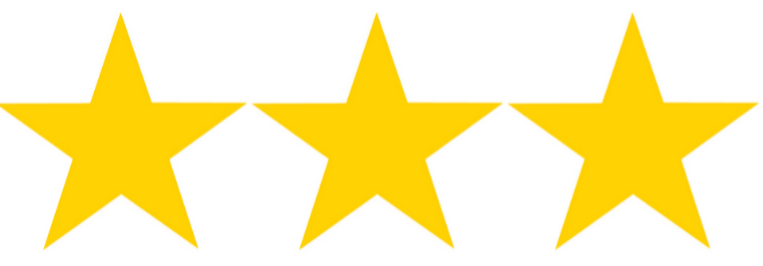
Location: Lambda Coding School is 100% online.
How it works: Lambda School trains people to be software engineers at no up-front cost. Instead of paying tuition, students agree to pay a percentage of their income after they’re employed (if they’re making more than $50k per year). You don’t pay anything if you can’t find a job or never reach that level of income.
Program length: 30 week immersive course.
Courses available: Data Sciences, Web Development, Computer Science and Machine Learning.
Pros:
- No payment upfront.
- Online course means anyone can learn from anywhere.
- Focuses more on JavaScript related technologies for better job opportunities.
Cons:
- The second half of the program is a little disorganized.
Link
Interview with the Founder of Lambda Coding School, Austen Allred
Galvanize


Location:Galvanize is in San Francisco, Boulder, Austin, Denver, New York, Phoenix, and Seattle.
Courses offered: There is a 24-week full-time Web Development program and a 13-week Data Sciences full-time course. There are also part-time options available.
Pros
- Great community & networking.
- Good student to teacher ratio.
- Instructors care about your success.
- You get real-world project experience to help you start your tech career.
Cons:
- Big time commitment.
Pro tip: The bootcamp prefers students with a mathematical background and a comprehensive understanding of different basic concepts in tech related areas.
Link:
Interview with the CoFounder of Galvanize, Chris Onan
Metis


Location: Metis Coding Bootcamp is located in New York, Chicago, Seattle, San Francisco and also has live-online options for anyone across the US.
What is it: Data science training.
What’s covered: The Data Science based program covers multiple languages including Python, SQL, JavaScript and Hadoop.
Pros:
- Project-based approach.
- Focus on the involvement of world-class practitioners.
- A lot of depth in the teachings.
Cons:
- Fast-paced learning environment, might be too fast for some.
Link:
Interview with the co-founder of Metis, Jason Moss
Brain Station


Location: BrainStation is Based in Toronto, Vancouver, San Jose and NYC. Courses can be taken online or in-person.
Founded in: 2012 by Jason Fields, who had the idea to encourage more individuals to start coding and get involved with other tech fields.
Courses offered: 10 week full immersive programs for data sciences, web development and other technological fields.
Pros:
- An adaptive curriculum that includes industrial experts and tech professionals.
- Different scholarships for women.
- Employment in top-notch tech companies with polished skills in Data Analytics, Data Sciences and Web Development concepts.
- Experience with real-life projects.
Cons:
- Some students wish the course material went a bit further in-depth.
Link
Interview with the Founder of BrainStation, Jason Fields
Final Thoughts
Overall, if you’re looking to switch careers and become a software engineer, I would highly recommend doing a coding bootcamp. I’ve seen incredible reviews across all of these programs, so when you’re making your decision, you’ll want to consider:
- Preferred learning style (Online or in-person)
- Location
- Cost
- Subject area of interest
Again, my recommended bootcamps are: Hack Reactor and App Academy
ALSO, GROWTH MARKETING PRO ENDORSEMENT: PATHRISE
But, if you have some engineering skills, then you may not need a full bootcamp. You just need the right advisors and interview training.
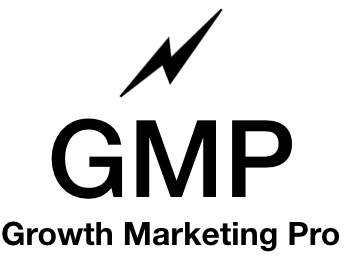


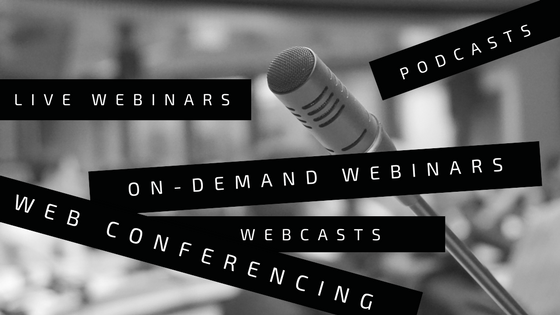
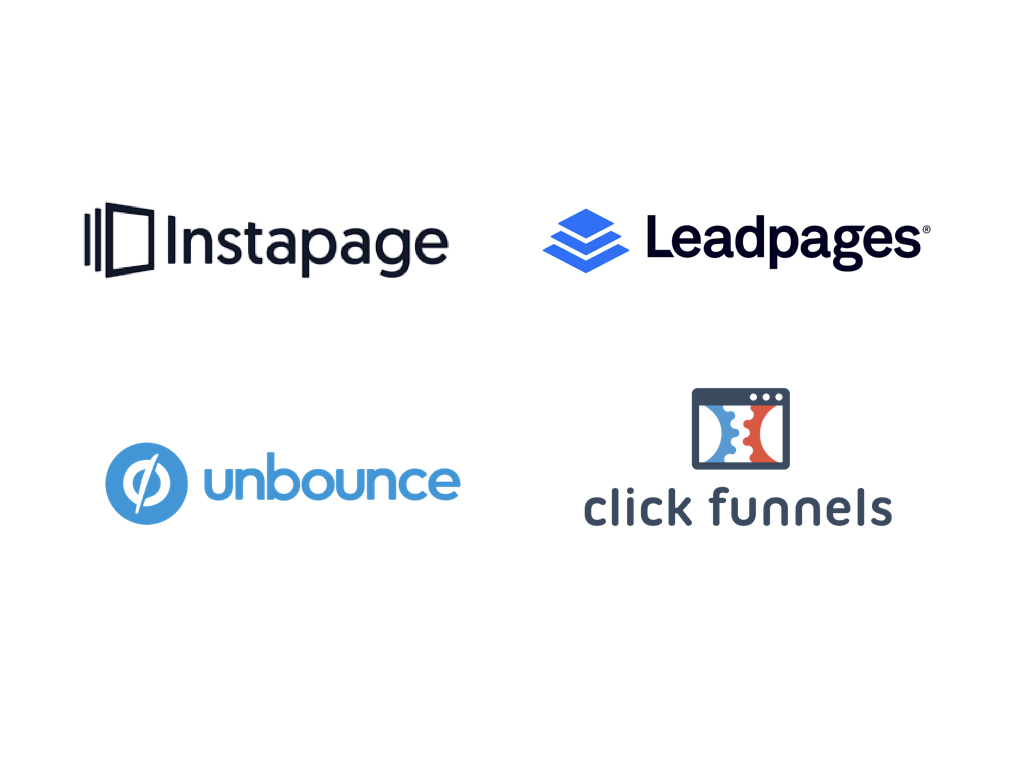
Hey guys love this list but your missed a site with even more credibility than those online only sites you listed. I actually went to a coding bootcamp from Berkeley University. When I started all I had was a desire to learn how to code. I barely knew any HTML or javascript. 24 weeks later I was certified in Javascript and had a certificate of completion from Berkeley University, it really helped launch my coding career. Excellent article, big fan of the site, but please add Berkeley to your list, thanks.
https://bootcamp.berkeley.edu/coding/
wanted to make sure people had the website if they are interested.